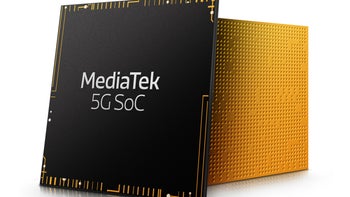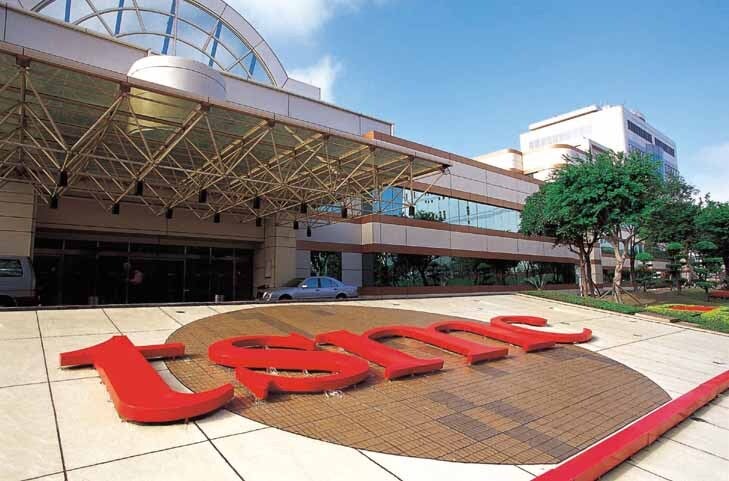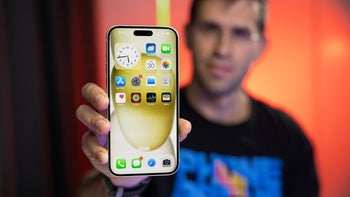MediaTek says that it won't sell 5G chips to Huawei illegally

In January 2019, Huawei had planned on finishing the year as the top smartphone manufacturer in the world. The company had shipped 205 million handsets during the previous year and its P30 line and Mate 30 line were expected to be two big sellers for the company. But in the middle of May, the U.S. Commerce Department, for security purposes, placed Huawei on its Entity List. This prevented the outfit from accessing the U.S. supply chain it spent $18 billion on in 2018.
MediaTek says that it will not break the law to supply Huawei with chips
While Huawei was able to find a workaround to replace most of its U.S. suppliers, one it could not easily replace was Google. Its inability to license Google Mobile Services prevented Huawei's phones from using Google apps like Search, Maps, Gmail, YouTube, Drive, the Play Store, and others. This didn't matter in China where these apps are banned anyway but did have an impact on sales of Huawei's phones to other markets outside of China. Still, a huge surge in domestic sales led by Chinese consumers who considered the company to be a victim of U.S. bullying, allowed it to deliver 240 million smartphones worldwide in 2019. The 17% annual increase helped Huawei surpass Apple for second place among phone manufacturers although it was unable to top Samsung.

One rumor had MediaTek buying chips from TSMC, rebranding them as its own, and selling them to Huawei
Looking for a way to punish Huawei for finding creative ways around the ban, last month the U.S. changed an export rule to require that any foundry using "the direct product of certain U.S. software and technology" obtain a license from the U.S. Commerce Department in order to ship chips to Huawei. While Huawei does have its own chip design unit (HiSilicon), it relies on foundries to manufacture these chips. In fact, it is the second-largest customer of leading independent foundry TSMC contributing $5.2 billion to the latter's revenues last year. The U.S. is allowing Huawei to take delivery of chips created from wafers under production as of May 15th as long as they are delivered by mid September. This should allow Huawei to receive enough cutting edge 5nm Kirin 1020 chipsets from TSMC to fulfill orders for the upcoming Mate 40 series.
TSMC is starting to produce chips using its 5nm process with 171.3 million transistors shoehorned into a square mm. That compares to the 7nm Kirin 990 chips used on Huawei's current P40 series. The latter component fits 96.5 million transistors into a square mm; the more transistors inside a chip, the more powerful and energy-efficient it is. The Apple iPhone 12 family could be the first smartphones to be powered by a 5nm chip, the A14 Bionic. The latter will have 15 billion transistors inside compared to 8.5 billion for the currently employed A13 Bionic series.
Huawei could end up using MediaTek's Dimensity 5G chips on a majority of its high-end phones
Huawei's problem then, is what will it do for advanced 5nm chips early in 2021 when the time comes to produce the P50 line? While the company has stockpiled two years of chips according to the Nikkei Asian Review, these are not chips designed for handsets. The chips being hoarded by Huawei are made by Intel and programmable chip designer Xilinx for the firm's base stations and its cloud storage business. Huawei is the world's leading supplier of networking equipment.
Last week, we told you that Huawei could turn to chip designer MediaTek to purchase cutting-edge 5G chips. Ironically, MediaTek also has its chips manufactured by TSMC and does not own a fabrication facility. Some speculated that MediaTek would purchase chips made by TSMC and put its own name on them before selling them to Huawei. A report out of China cites a MediaTek spokesman who said that there is no way that the company will violate laws or bypass regulations by selling TSMC chips to Huawei. However, GizmoChina reports that Huawei and MediaTek are in talks to supply Huawei with its Dimensity chipsets that include integrated 5G modem chips. As a result, MediaTek could end up becoming Huawei's largest supplier of chips for its high-end phones replacing its own HiSilicon unit.
Another possibility in the long run is SMIC, China's largest foundry. Right now though, the most advanced chip that SMIC can deliver uses the 14nm process which is what was used to manufacture Huawei's new Kirin 710A chip for mid-range phones. SMIC is said to be working on the 7nm-8nm nodes but has been hamstrung by a failure to obtain advanced lithography equipment.













Things that are NOT allowed: